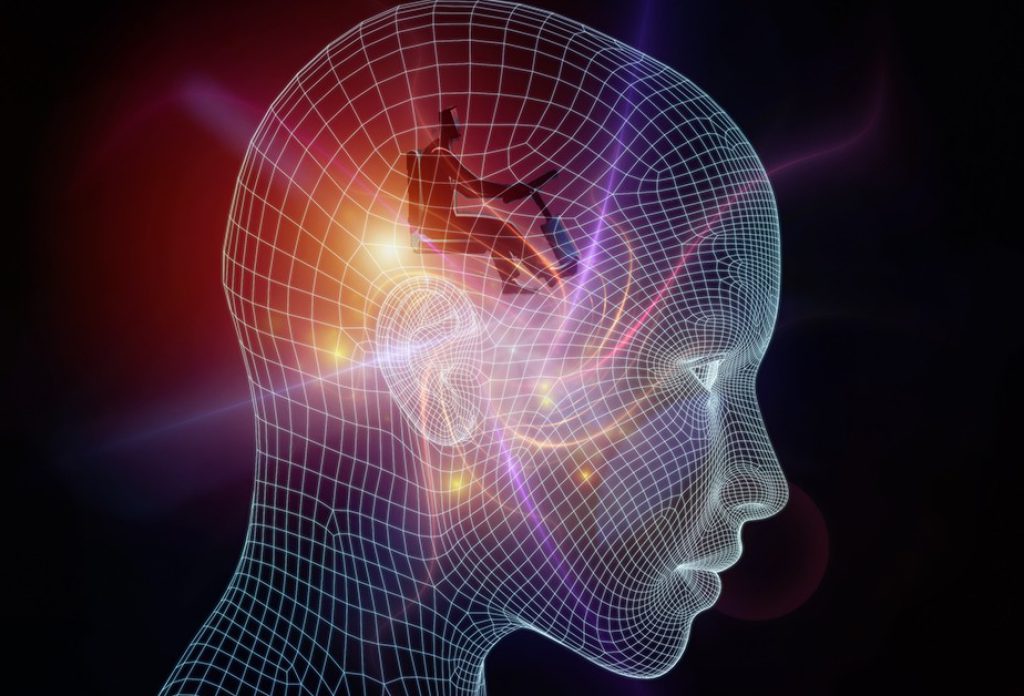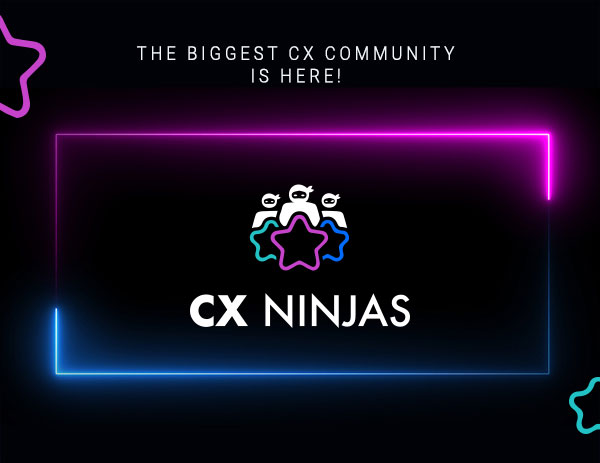Man’s biggest illusion

- marketing
- February 23, 2022
- Categories: Artificial Intelligence, Isidoros' blogspots
- Tags: AI
In the previous article we talked about a number of certainties around our lives and how they may be overturned because of AI. Let’s now talk about the biggest illusion of all that’s about to be unveiled before our own eyes in the years to come..
Let’s take the story from the beginning.
Some weeks ago I posted this poll about Mind Uploading. It is about the process of scanning the physical anatomy of the brain to then creating an emulation of the mental state (including long-term memory and “self”) and finally transferring its digital form to a computer that would respond in essentially the same way as the original brain, having a sentient conscious mind.

The results of the poll are that 71% of respondents, including myself, are convinced that at some point we will be able to upload our brains to a computer.
This is also what Elon Musk’s Neuralink mega-project is set up to do, challenging the old neuroscience saying that points out why trying to master the brain is a bit of a catch:
If the human brain were so simple that we could understand it, we would be so simple that we couldn’t 🤨
Let’s now make the assumption that Elon or someone else makes it and the technology and the bioethics are there for Mind Uploading to become a given in the future. This is how it might all work out for you:
- Neuralink made mind uploading accessible to almost anyone and with some reasonable amount of money you can upload your brain into a computer.
- So, you visit Neuralink’s headquarters, they set up a brain-machine interface and the process begins.
- It’s a wrap and now a digital copy of your brain will reside into a computer and it will start responding like you, as an AI emulated form of you.
- Since your brain activity will be inside a machine, then an external observer would be able to predict what your AI-powered brain will think next; no matter how complicated this computer will be, another faster computer could emulate its next processing steps and predict your future thoughts.
- If it is so, where is your free will? I mean the observer will know before you, what you will think next and this is exactly the opposite of what most of us believe that free will is… 😲
- So, if your AI-emulated brain has no free will, why should your current biological one have?
- And if your free will is an illusion, what happens with what you call “self”? Can “self” exist as we understand it without free will?
But wait, how do we define “me” or “self”?

When you say the word “me”, you probably feel pretty clear about what that means. It’s one of the things you’re clearest on in the whole world – something you’ve comprehended since you were a year old. It’s just you. Easy. Is it really?
Philosopher John Locke suggests that what makes you “you” is the cumulative memory of your experiences. Under Locke’s definition of you, the computer with your thoughts and experiences uploaded is you, despite not containing any part of your physical body, not even your actual brain. This suggests that you’re not your physical body at all. Maybe what makes you “you” is your brain’s data – your memories and your personality. So, when you get old and lose part of your memories (or all of them as in Alzheimer’s disease), should you consider that you became a less-you version of yourself? Hmmm, there is an issue here with Locke’s definition, maybe we need something better.
Other people talk about the “soul” that actually defines you. To me, the word soul is an attempt to distinguish humans even more than just being primal biological organisms, making also a clear understatement of eternal life. But maybe when people say the word soul, what they’re talking about is whatever it is that connects our 90-year-old selves with what we were as children. Our cells and memories come and go, and maybe the single common thread that ties it all together is our soul. In my opinion, soul is not good enough to describe “self” and I will give you an example:

It’s the year 2266 and Star Trek’s Teletransporter is a technological commodity allowing you to transport yourself to distant places at the speed of light.
And here’s how it works:
You go to the Transporter room and you set the destination, let’s say the moon. The Transporter then scans your entire body, uploading the exact molecular makeup of your body – every atom that makes up every part of you and its precise location. As it scans, it decomposes, so every cell in your body is decomposed by the scanner as it goes. Your body’s information is then transmitted to another transporter in the moon, that uses the data to re-form your entire body to its original storage of atoms, and when it’s finished you walk out of room in the moon looking and feeling exactly how you did back in the earth: you’re in the same mood, you’re hungry just like you were before, you even have the same paper cut on your thumb you got that morning. But here is the problem with the “soul” theory: what happened to your soul during the transportation? At which stage of this “atom to atom” process is also the soul transferred? And if the transporter example is science fiction to you, imagine our Darwinian past: soul is binary, either exists or not. At which stage of our evolutionary past was the soul infused to our organic molecules, and by what exactly biological process?
Maybe the answer is simpler: there is no self!

AI and Mind Uploading will help us realize what I think of as our biggest illusion of all: The illusion of self, the illusion that somewhere inside our heads resides an entity that has free will and takes decisions. The sense of being an ego, an I, a thinker of thoughts on top of the thoughts themselves, an experiencer in addition to the experience itself. The sense that we all have of riding around inside our heads as a kind of a passenger in the vehicle of the body.
Most people don’t feel identified by their bodies. They feel like they live inside the body. And most people feel like they’re inside their heads. I believe that the sense of being a subject, a locus of consciousness inside the head is an illusion. It makes no neuro-anatomical sense and this will be widely revealed when we manage to upload our brains into a computer and realize that our thoughts could be predicted before we know it.
Why does this happen? As all of our illusions they have the same Darwinian cause:
Our brains are not evolved to perceive reality, their sole purpose is to make us survive and pass our genes to the next generation.
So, for some reason the illusion of “self” should be beneficial to our survival and therefore sculptured by evolution to our brains. It is the most powerful and consistent illusion we experience, so there must be some Darwinian value to it. And in evolutionary terms, it is indeed useful to think of ourselves as distinct and personal. There is more of an incentive to survive and reproduce if it is for my survival, and my genes remain in the gene pool.

According to Bruce Hood, our brain naturally creates narratives in order to make sense of the world. Essentially, our brains are thinking in terms of stories: what the main character is doing, who they are speaking to, and where the beginning, middle, and the end are; and our self is a fabrication that emerges from the story-telling powers of our brain!
Finally, I came across this quote by the philosopher Derek Parfit:
The early Buddhist view is that much or most of the misery of human life resulted from the false view of self.
I think that’s probably true, and that’s the reason so many people feel relaxed with meditation, as it helps them realize the illusion of self, it makes them observers of their own thoughts.
So, even if free will is an illusion, why does this matter?
I first heard about the illusion of free will by Sam Harris. I consider this illusion the greatest of all because it touches nearly everything we care about. Morality, law, politics, religion, public policy, intimate relationships, feelings of guilt and personal accomplishment – most of what is distinctly human about our lives seems to depend upon our viewing one another as autonomous persons, capable of free choice.
So, when we finally manage to upload our brains to a computer, in order to actually feel like us we should also upload the illusion of self, even though we will do know that this is an illusion. Mind-blowing, right? 😲 Once more, AI is set to change the world more than we CAN imagine.
